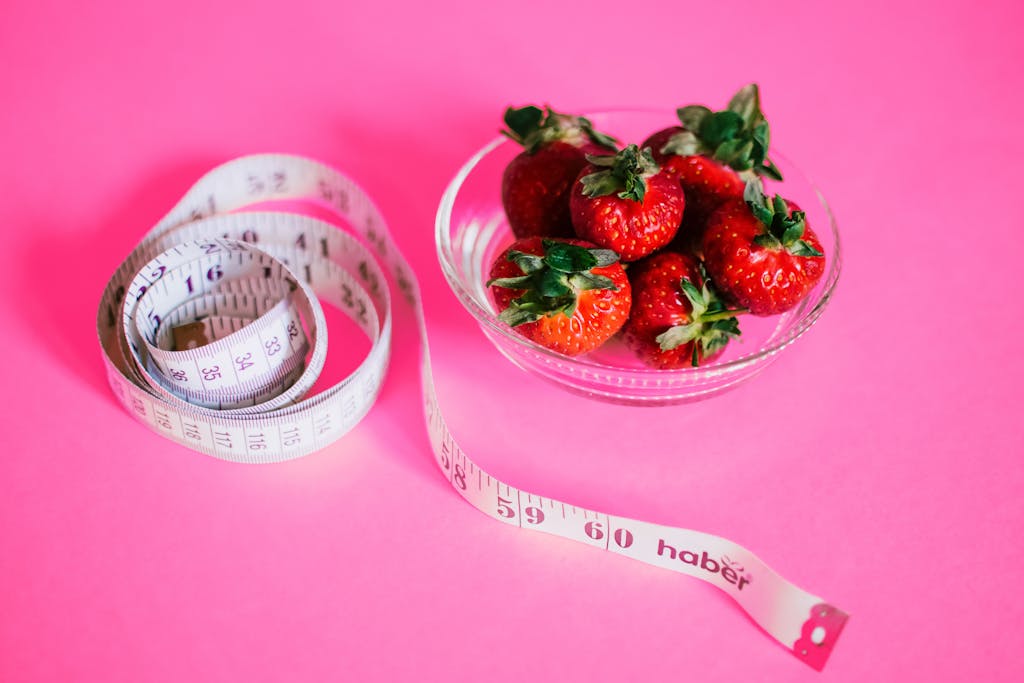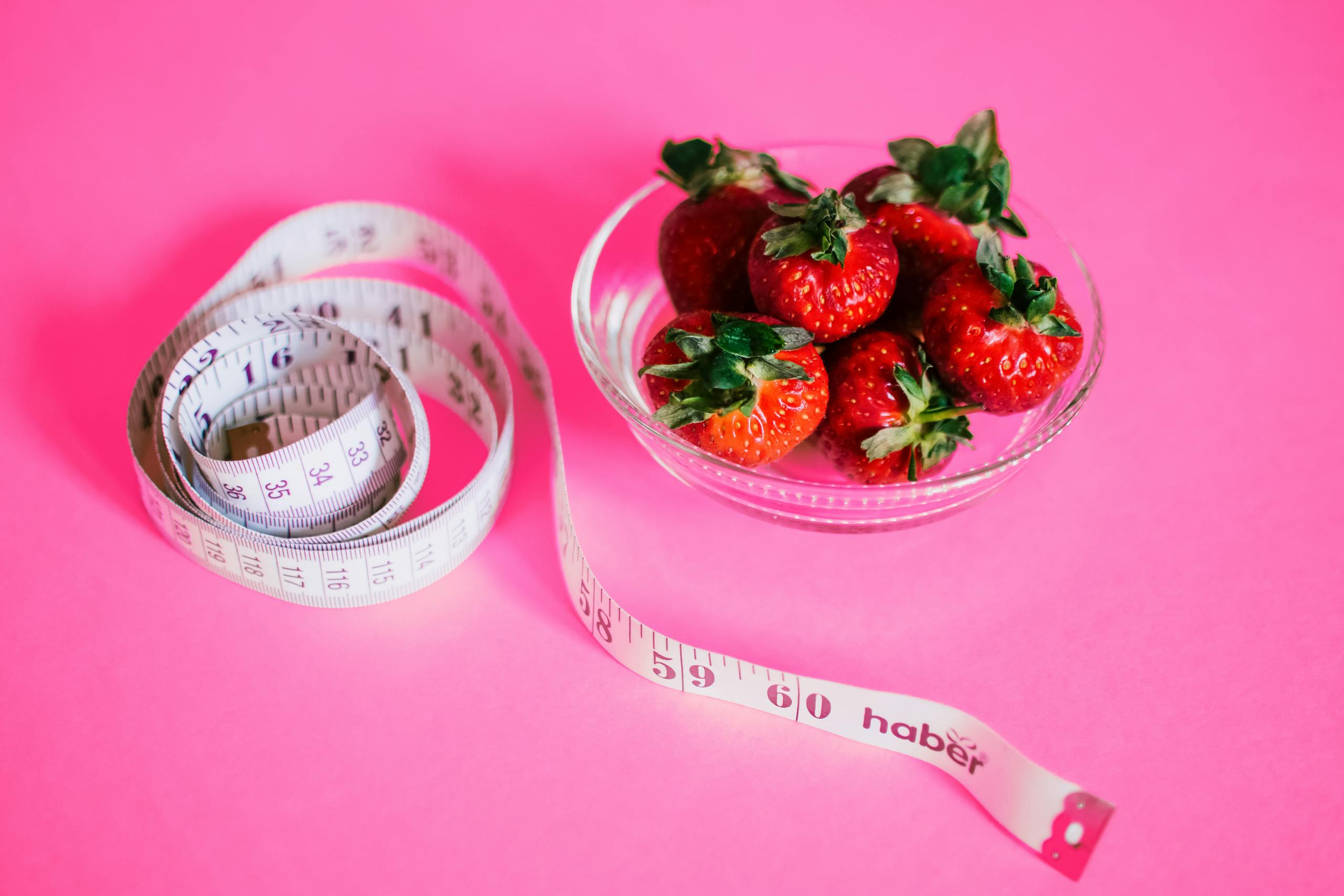1500 Calorie Meal Plan – A Balanced Approach to Nutrition for Fat Loss

A well-structured 1500-calorie meal plan can support weight management goals and maintain energy levels while ensuring nutrient balance. With key ingredients like eggs, rice, chicken, potatoes, broccoli, sweet potatoes, and healthy fats, this plan incorporates essential proteins, carbohydrates, and fats to fuel your day.
Why a 1500-Calorie Meal Plan?
A 1500-calorie meal plan is often recommended for those looking to lose weight or maintain a balanced intake for health goals. However, calorie needs vary based on age, gender, activity level, and individual goals, so consult a nutritionist if you’re making significant changes. A diet rich in lean proteins, complex carbohydrates, fiber, and healthy fats helps control hunger, stabilize energy levels, and promote overall health.
Meal Plan Breakdown
The following plan divides 1500 calories across breakfast, lunch, dinner, and a snack, with each meal including protein, fiber-rich vegetables, and complex carbohydrates for sustained energy.
Day Sample Meal Plan (1500 Calories)
Breakfast (400 calories)
Ingredients:
- 2 large eggs
- 200g cooked rice (preferably brown for added fiber)
- 90g steamed broccoli
- 5g olive oil or avocado oil
Instructions:
- Cook rice as desired. Use leftover rice if available to save time.
- Heat olive oil in a skillet, add eggs, and cook as preferred (sunny side up or scrambled).
- Steam broccoli separately or add it to the skillet to lightly sauté.
- Plate the rice, eggs, and broccoli, and enjoy a well-rounded, energy-boosting breakfast.
Nutrition Breakdown:
- Calories: ~400
- Protein: 15g
- Carbs: 50g
- Fat: 12g
- Fiber: 4g
This meal offers lean protein from eggs, fiber from broccoli, and complex carbs from rice for a balanced start to the day.
Lunch (450 calories)
Ingredients:
- 115g grilled chicken breast
- 150g sweet potato
- 90g steamed broccoli
- 5g olive oil
Instructions:
- Grill or bake chicken breast seasoned with salt, pepper, and herbs.
- Bake or microwave sweet potato until tender.
- Steam broccoli and toss with olive oil for added healthy fats.
- Serve together as a nutrient-packed meal with fiber, protein, and antioxidants.
Nutrition Breakdown:
- Calories: ~450
- Protein: 35g
- Carbs: 50g
- Fat: 10g
- Fiber: 6g
This lunch is rich in fiber, vitamins, and antioxidants, supporting muscle repair and helping maintain energy levels.
Dinner (500 calories)
Ingredients:
- 115g chicken breast or thigh
- 150g potato
- 90g mixed vegetables (like broccoli and bell peppers)
- 5g coconut oil or olive oil
Instructions:
- Bake or grill chicken and set aside.
- Boil or bake the potato, then slice it and lightly toss it with oil and herbs.
- Stir-fry or steam mixed vegetables to keep them vibrant and crisp.
- Serve chicken, potatoes, and veggies as a satisfying dinner that completes the day’s intake.
Nutrition Breakdown:
- Calories: ~500
- Protein: 35g
- Carbs: 55g
- Fat: 15g
- Fiber: 5g
Dinner is a well-rounded blend of protein, carbs, and fats, giving you the necessary calories to fuel recovery overnight.
Snack (150 calories)
Ingredients:
- 28g almonds (about 23 almonds)
Nutrition Breakdown:
- Calories: ~150
- Protein: 6g
- Carbs: 6g
- Fat: 14g
- Fiber: 3g
Almonds offer protein, healthy fats, and a touch of fiber, making them an ideal snack for energy and satiety.
Benefits of Ingredients
Each ingredient in this meal plan plays a vital role:
- Eggs: Provide high-quality protein and healthy fats, essential for muscle repair and hormone production.
- Chicken: A lean protein that supports muscle maintenance and repair, aiding in satiety and energy.
- Rice: A versatile carbohydrate source that provides quick energy and pairs well with proteins and veggies.
- Potatoes & Sweet Potatoes: Complex carbs and high fiber support energy levels and digestive health.
- Broccoli: Packed with fiber, vitamins, and minerals; its antioxidants aid cellular health and support the immune system.
- Healthy Fats (Olive oil, Avocado oil, Coconut oil, Almonds): Essential fats help absorb fat-soluble vitamins and are crucial for heart and brain health.
Tips for Following a 1500-Calorie Meal Plan
- Portion Control: Measure portion sizes, especially for higher-calorie ingredients like oils and almonds, to stay within 1500 calories.
- Hydration: Drinking water throughout the day helps with digestion and satiety. Aim for at least 2 liters a day.
- Meal Prep: Preparing meals ahead of time helps maintain calorie intake and ensures balanced meals on busy days.
- Seasoning & Herbs: Use herbs and spices to enhance flavor without extra calories. Options like garlic, pepper, and paprika are great for added taste.
- Flexibility: If you need variety, swap similar ingredients. For example, you can replace broccoli with green beans or substitute chicken with lean fish like tilapia.
A 1500-calorie meal plan with balanced nutrition promotes steady energy levels and helps manage hunger. By including a mix of protein, fiber, complex carbohydrates, and healthy fats, this plan supports muscle health, digestion, and energy management.


Recent Comments